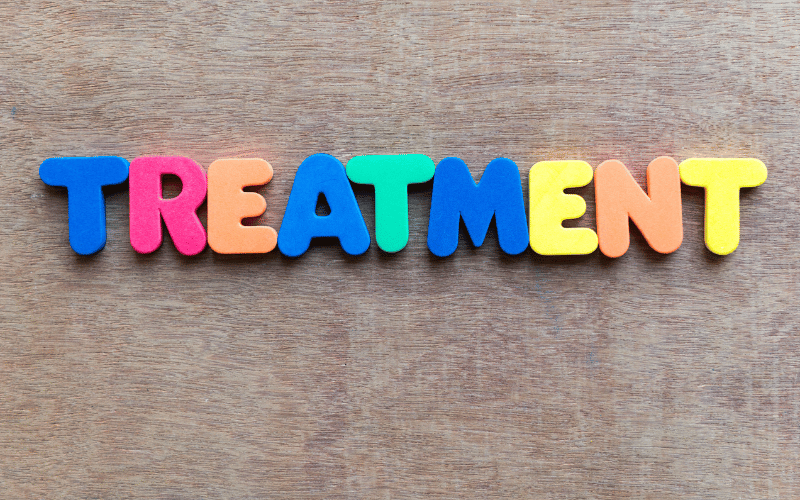Fact 6: Treatment is Varied

When a child is diagnosed with proteinuria, the most common question that runs through a parent’s mind is about treatment. But the reality is, there isn’t a universal answer. The treatment for proteinuria is as diverse as its causes, and it hinges entirely on the underlying reasons for the elevated protein levels in the urine.
For starters, there’s transient proteinuria, which is often temporary. This kind can be a result of a bout of strenuous exercise, a fever, or even extreme cold. In most cases, this doesn’t require active treatment. The body, in its wondrous ways, finds a balance and resets. So, for kids who’ve just had a soccer match and show traces of protein in their urine, there’s often no cause for alarm.
On the other hand, persistent proteinuria, especially if caused by a more chronic condition such as diabetes or a specific kidney ailment, demands a more focused approach. In such cases, treating the primary disease is paramount. For instance, if diabetes is causing the kidneys to leak protein, then achieving blood sugar control becomes the primary objective. Similarly, certain blood pressure medications, like ACE inhibitors, have proven effective in reducing proteinuria in some children.
Diet plays a crucial role too. With proteinuria, the kidneys are already under duress. Thus, a diet low in sodium and protein can often help. This doesn’t mean kids need to cut out all their favorite foods, but moderation and informed choices can make a big difference. But here’s the key: every child’s dietary needs are unique, especially when medical conditions are at play. Consulting a nutritionist or dietitian can offer insights tailored to individual needs. (6)